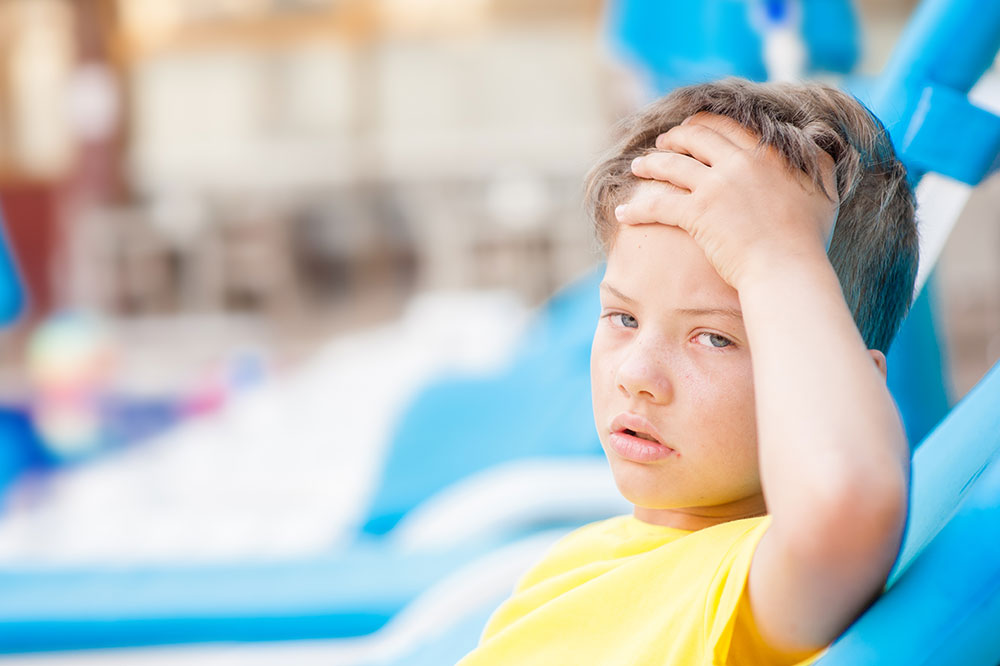
3 indicators of dehydraion in kids
Dehydration is a condition in which the body loses more fluids than normal. It can affect infants, young children, adults, and seniors. You can experience mild to severe symptoms depending on how much fluids the body loses and what is being done to replenish the supply. However, children and infants are at a higher risk of getting dehydrated due to many underlying causes.
Herein, we explain in detail the common visual indicators of a developing condition. Upon prompt diagnosis, you can immediately contact your primary care provider. Here are a few signs to look out for;
Dry mouth
Saliva is a natural lubricant that the body produces to moisten and clean your mouth. It also helps digest food better and prevents the risk of contracting a fungal or bacterial infection in the mouth. The body needs to stay hydrated to produce enough saliva during the day and at night. One of the visible signs in children and infants includes parched dry lips and a dry mouth. Understand that dry mouth is a mild stage of dehydration and can be controlled early on. So you must ensure the child drinks plenty of water. You must also replenish electrolyte levels in their body after an active day. Consult with the family doctor and enquire about the safe quantity of Pedialyte (a popular children’s drink) that can be given to boost electrolyte levels.
Dry or itchy eyes
If the child is crying, but there are little or no tears coming out, it means the tear glands are parched due to a severe lack of fluids in the body. Understand that there are glands that also lubricate the eyeballs without which the child’s eyes can become dry and itchy, causing more discomfort. These are all visible indicators of dehydration. Also, if their eyes are sunken and visibly inside the socket, it is a clear indicator of reduced fluid levels.
Other visible indicators
Note that the body, be it an adult or a child, needs fluids daily to support even some of the basic functions. If the child or infant has also not urinated in a span of 8 hours, you must consult with a doctor to assess the cause of this unexpected dehydration. Among other noticeable factors, the mucous membranes are also moist and, at times, sticky, indicating they are thoroughly lubricated. However, if they are completely dry, consult with your pediatrician to assess what can be done to rehydrate the child and reduce the risk of complications.
Changes in mood or behavior
Apart from the visible indicators on the body, dehydration can severely affect the mood of the child or infant. If he or she is acting fussy or feels extremely lethargic despite the minimum physical activity, there might be something wrong. One of the most vital functions of fluids is to keep blood circulation up and running optimally. It is crucial for activity and lethargy can indicate a decline in metabolic activity caused due to dehydration.







